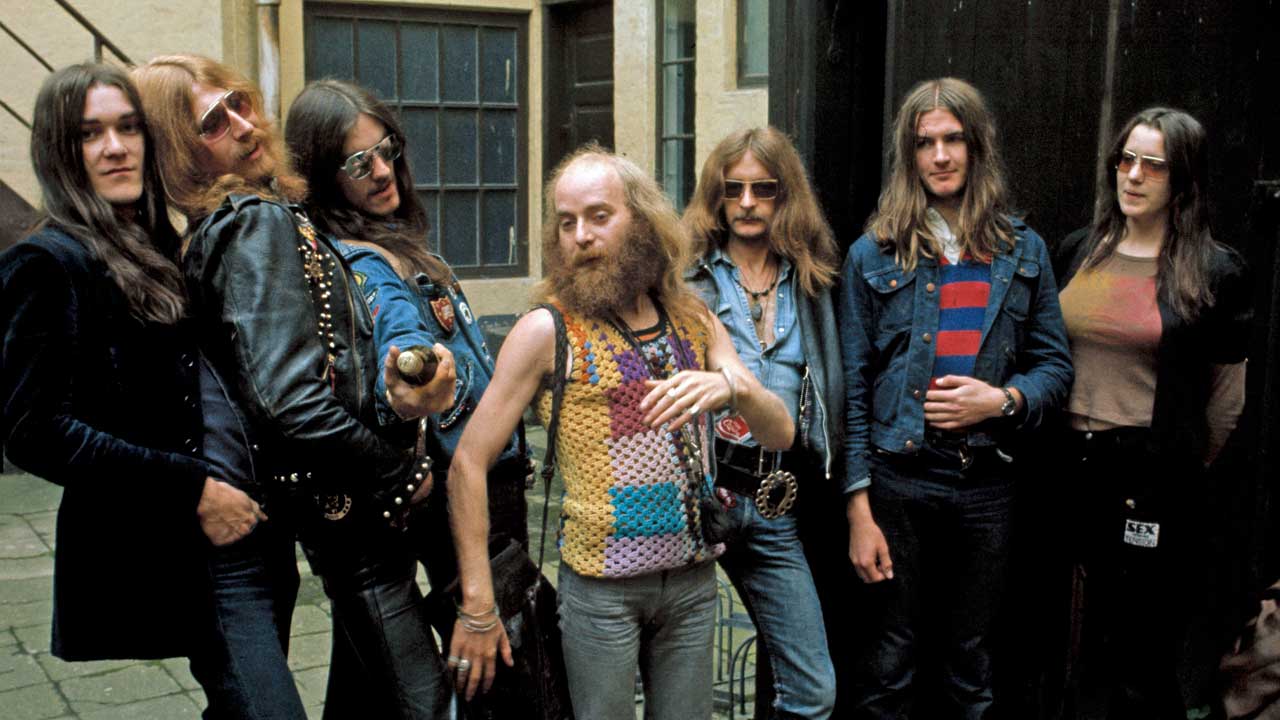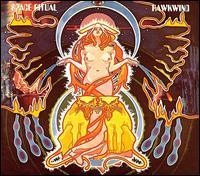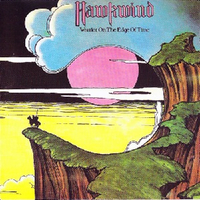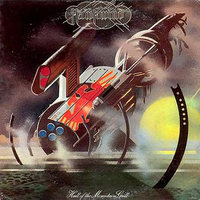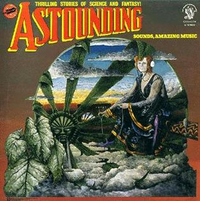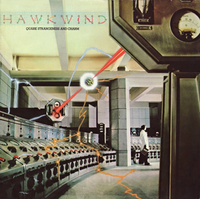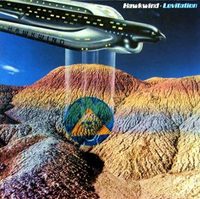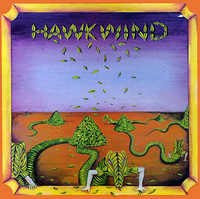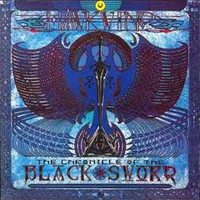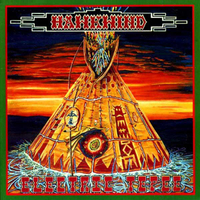Pioneers of space rock, Hawkwind took psychedelia, blues and garage and turned it into a style of music that has resonated down the decades, influencing countless bands. Not bad for a bunch of guys who were so haphazard when they played their first gig in 1969 – gatecrashing a local talent night in the Notting Hill area of London – that they didn’t even have a name.
Since then Hawkwind have had more than 50 members, with only founder and guiding light Dave Brock remaining a constant. Among those who’ve passed through the Hawk portals include Lemmy, Robert Calvert, Ginger Baker and Michael Moorcock. And let’s not forget exotic dancer Stacia, or the Liquid Len light show.
The band were at their commercial peak in the 70s, when albums such as In Search Of Space (’71), Hall Of The Mountain Grill (’74), Warrior On The Edge Of Time (’75) and Quark, Strangeness And Charm (’77) gave them a consistent presence in the Top 30.
Perhaps the most celebrated line-up was the one that recorded 1973’s classic Space Ritual live album, the release that gave the band their highest-charting hit, making No.9. It featured Brock (guitar/vocals), Calvert (vocals), Lemmy (bass), Dik Mik and Del Dettmar (synths), Simon King (drums) and Nik Turner (sax/flute/vocals).
Hawkwind had only one big hit single, 1972’s Silver Machine, which reached No.3. But while they’ve rarely bothered the singles chart they have come up with a succession of iconic anthems.
In 1978, problems brought on by mental and drug-related issues led to the band splitting up. They returned a year later. The new-look incarnation went through another creative surge, with 1980’s Levitation another high spot. While 1982’s Choose Your Masques was their last Top 30 album, the band have carried on making challenging music. A revolving-door line-up has helped Hawkwind survive all trends. Sticking to the policy of pursuing their own vision, 1985’s The Chronicle Of The Black Sword and 2012’s Onward albums were triumphs.
Hawkwind’s stock is probably higher now than at any time since the 1970s – they’re still creating fresh music, and they’ve also reissued their most acclaimed albums, introducing these classics to a new generation. So if you’ve ever wondered where to begin your space rock explorations, here’s our handy star map.

...and one to avoid
You can trust Louder Our experienced team has worked for some of the biggest brands in music. From testing headphones to reviewing albums, our experts aim to create reviews you can trust. Find out more about how we review.
